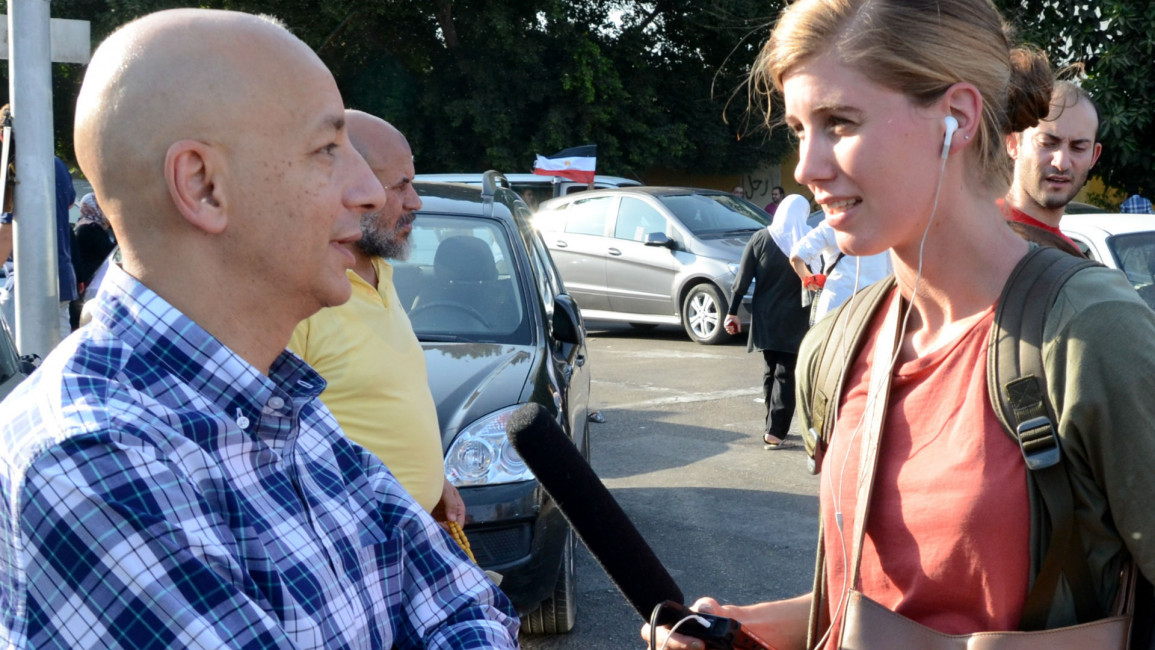Egypt historian Khaled Fahmy sees rising surveillance state
Amid the COVID-19 crisis, states have used phone apps and other high-tech measures to monitor the spread of the disease, and in some cases deployed drones and troops to enforce strict curfews and lockdowns.
"How this will pan out, not only in Egypt but elsewhere ... in how governments will be able to monitor citizens' mobility and physical activities is very alarming," Fahmy told AFP in an online interview.
"The fear is: once granted, these rights given to the government will be very difficult to revoke once the crisis is over," said the Egyptian professor who has previously also taught at Princeton University.
In-depth: Middle East regimes are freeing inmates as coronavirus spreads. But political prisoners remain behind bars
Fahmy, 56, who has written extensively about plagues in the Middle East, also has a knack for finding himself in the midst of key historical moments, having moved back to Cairo months before the 2011 popular revolution, which he wholeheartedly embraced.
He has lived abroad since President Abdel Fattah al-Sisi took power in 2014 and has observed the global pandemic from the English city of Cambridge, where he is a professor of Middle East history.
He says his top concern now is that, as many countries start re-opening their borders, their citizens will be subjected to ever more rigorous forms of governmental scrutiny.
'Breaches of privacy'
Egypt, the most populous Arab country, has recorded more than 17,000 cases and over 700 deaths.
Daily new infections number in the hundreds and are still on the rise, heightening the strain on an underfunded health care system.
Sisi this month ratified a slew of amendments to Egypt's emergency law, which rights group charge expanded "repressive powers".
They allow the president to close schools, suspend public sector work, ban public and private gatherings and quarantine inbound travellers.
Since the pandemic started, Egypt has also intensified an ongoing media crackdown and arrested several journalists, activists and even social media influencers.
"If you compare what is happening in Egypt now and the cholera epidemic of 1947, one big difference is how open the media was back then and how closed it is (now) in how they cover the epidemic," Fahmy noted.
"What we're facing now is much more dangerous," he warned, pointing to "a very big boost to a new kind of surveillance ... and serious breaches to privacy in the name of control of this pandemic".



